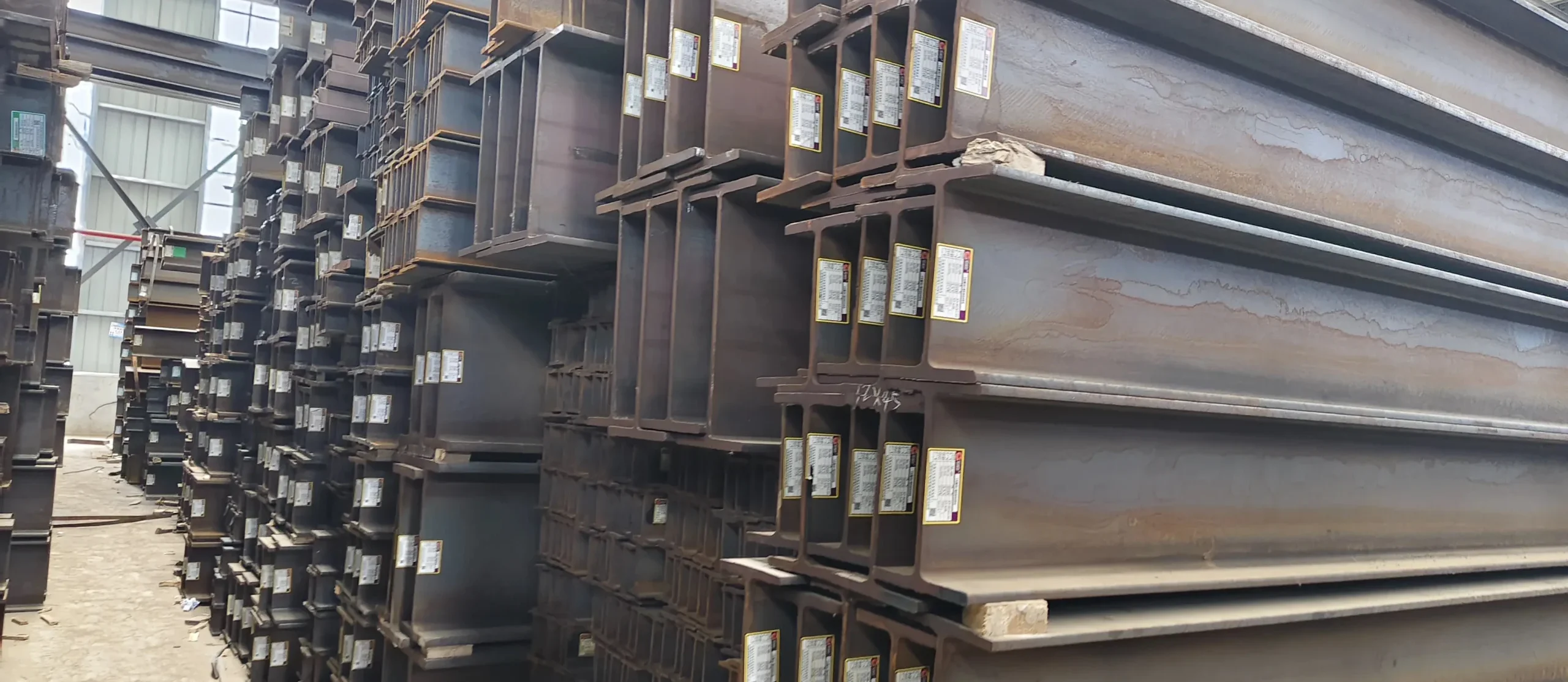When titanium in stainless steel, carbon will preferentially combine with titanium to form titanium carbide, which can effectively prevent the formation of chromium carbide and the grain boundary depletion formed by precipitation, and ultimately can effectively prevent intergranular corrosion.

What is intergranular corrosion?
When the chromium-nickel austenitic stainless steel is heated to a temperature range of 450-800℃, corrosion along the grain boundary often occurs, which is called intergranular corrosion.
Because titanium and nitrogen can be combined to form titanium nitride, and titanium and oxygen can be combined to form titanium dioxide, the amount of titanium added is limited accordingly, which is about 0.8% in practice.
In order to avoid intergranular corrosion, the titanium-containing stainless steel must be stabilized after solution treatment.
When the temperature is increased to more than 450°C, carbon in the solid solution will gradually precipitate in the form of carbides. The formation temperature of Cr23C6 is 650°C, and 900°C is the formation temperature of TiC. To avoid intergranular corrosion, it is necessary to reduce the content of Cr23C6 so that the carbides exist completely in the form of TiC.
The stability of titanium carbides is higher than that of chromium carbides. When stainless steel is heated above 700°C, chromium carbides will begin to transform into titanium carbides.
However, titanium is not completely harmless in stainless steel, and sometimes titanium can harm the performance of stainless steel.
For example, inclusions such as TiO2 and TiN are prone to exist. Their high content and uneven distribution reduces the purity of stainless steel to a certain extent; it also deteriorates the surface quality of stainless steel ingots, resulting in an increase in process grinding, which is easy Causes waste; the polishing performance of the finished product is not very good, and the processing of high-precision surfaces is very difficult.
Posted by stainless steel ppe fittings supplier, KAYSUNS.



